
Wholesale dog meat, boat protests and marrying monks: Hong Kong headlines from four decades ago
A journey back through time to look at significant news and events reported by the South China Morning Post from this week in history
Crabs and dogs dominated the front pages of the South China Morning Post four decades ago this week. The former were hitting Hong Kong restaurants in greater numbers as local diners had a growing appetite for them. Dogs were also destined to meet the same fate but were saved at the last minute – police infiltrated an illegal dog meat wholesale centre and rescued 20 canines locked in cages. In Taiwan, Buddhist monk leaders were contemplating the idea of allowing monks to marry in a bid to attract more members.
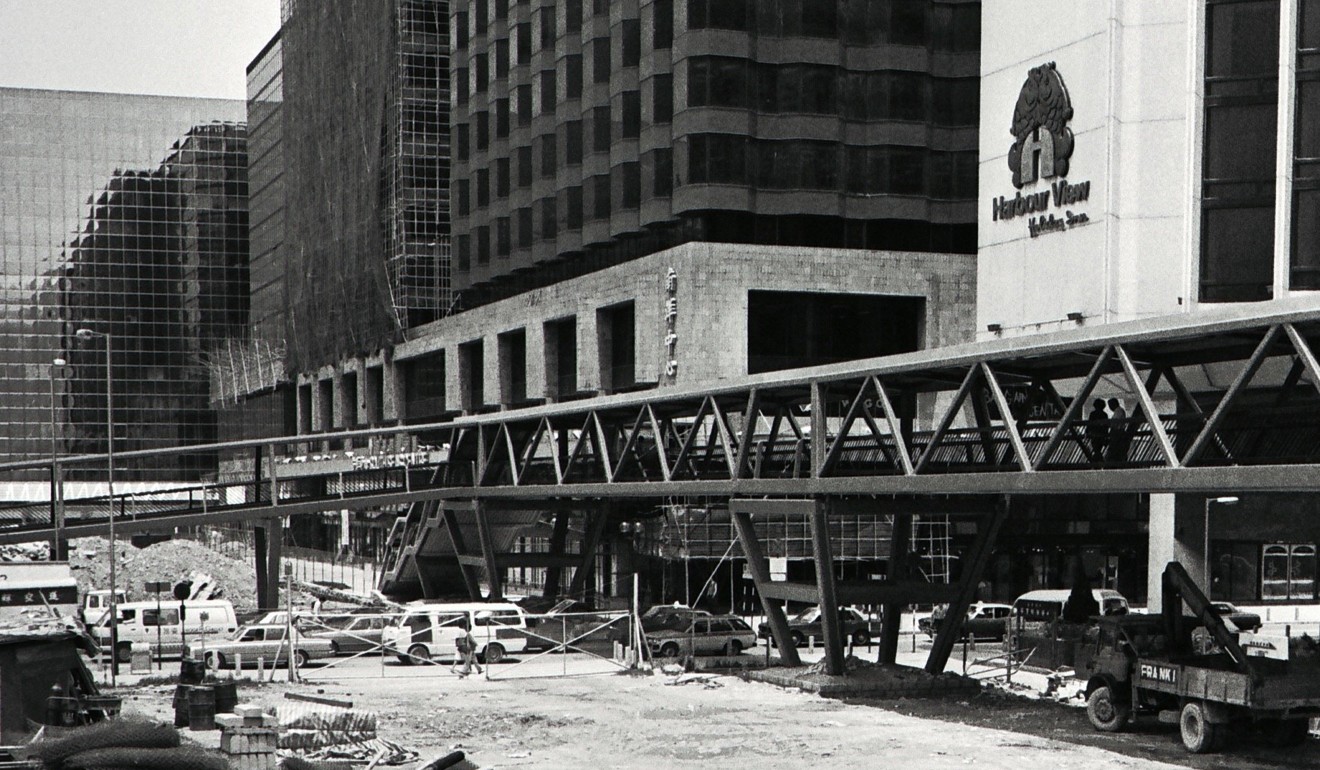
November 13, 1977
● At least five new luxury hotels, with a total of more than 3,000 rooms, would be built in the next few years on the reclaimed land in East Tsim Sha Tsui. The news was revealed by a senior executive of Holiday Inns International. According to the Tourism Association, there were 51 hotels with a total of 13,359 rooms and 24,900 beds in the city at the time, while more than a million tourists had visited in the first eight months of the year – an increase of almost 15 per cent from the previous year.
● Five boys and a girl were expelled from an expensive private school attended by the queen’s two youngest sons, Prince Andrew, 17, and Prince Edward, 13, after drugs were found on the premises. Prince Charles had also been a pupil of the school, but he ran into controversy following reports that he had ordered a cherry brandy at a bar during a school trip while still underage.
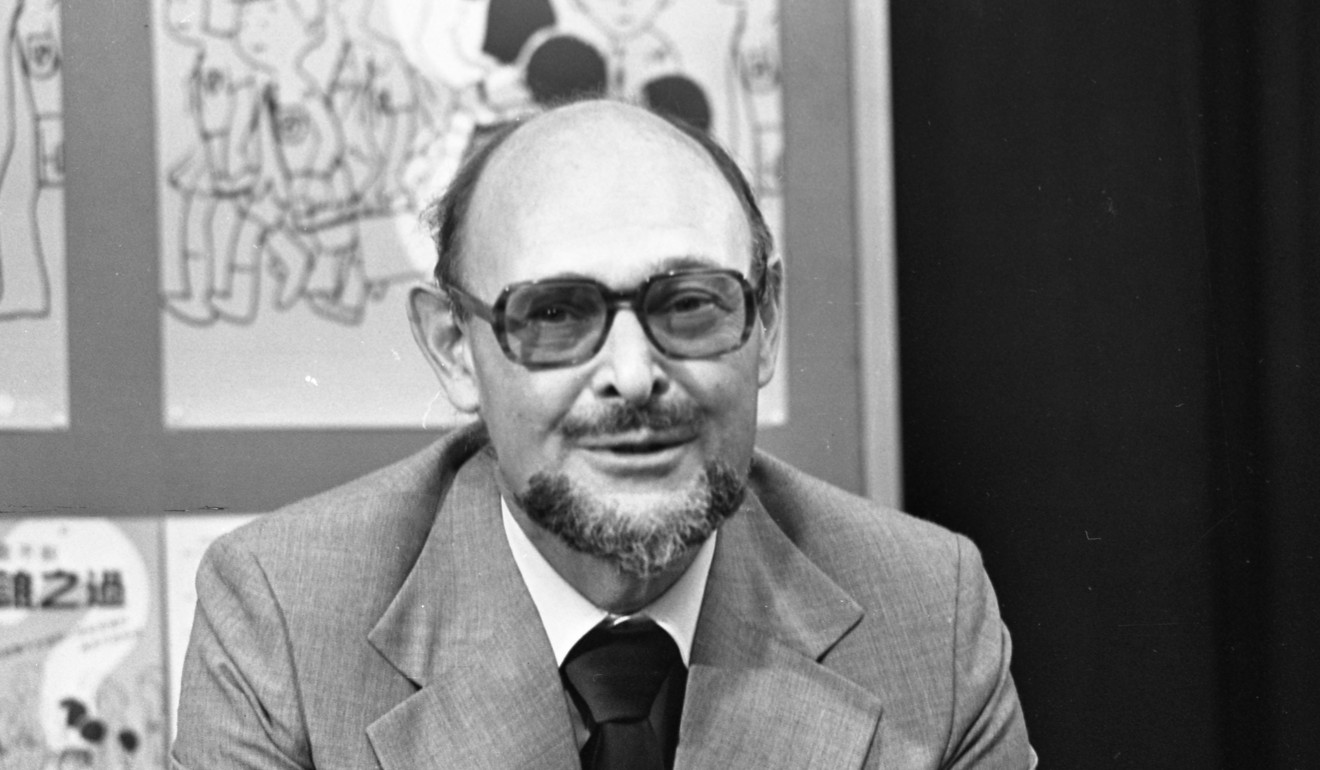
November 14, 1977
● Director of Education Kenneth Topley warned that unlimited expansion of tertiary education could lead to serious social discontent. He further elaborated that any expansion plans for post-secondary colleges must consider job opportunities for graduates at appropriate levels. Otherwise, popular demand for education could be very much in conflict with the needs of the community.
● A study into labour relations in Hong Kong, conducted by a British professor at the request of the British Foreign Office, was expected to be completed by spring of next year. The study comprised wide-ranging inquiries in industries regarded as crucial to labour relations.
Of spies and club hostesses – Hong Kong headlines from three decades ago
November 15, 1977
● A top-level Buddhist meeting would be held early next year to discuss whether monks in Taiwan should be allowed to marry, the Buddhist Association said. The controversial subject was quietly broached as the number of young men taking the tonsure had been steadily decreasing. Another issue to be discussed would be whether a Buddhist monk must wear his religious robe both inside and outside the monastery.
● Mainland China had started sending crabs to Hong Kong by air. The first shipment, about nine tonnes of freshwater crabs, arrived on a Trident plane two days earlier. Shipment by air reduced the death rate of the crabs and pushed down retail prices considerably. It was not known whether the mainland was planning to send other produce by air to Hong Kong.
November 16, 1977
● A group of Yau Ma Tei boat dwellers threatened to stage a sit-in at the government secretariat later this week if their demand for immediate rehousing was not met. It was their fourth petition to the government.
● Princess Anne gave birth to a boy and the first to break the news publicly was her mother, the queen. The queen apologised for being 10 minutes late to a Buckingham Palace ceremony before announcing the arrival of her first grandchild. The newborn baby would be fifth in line to the throne.
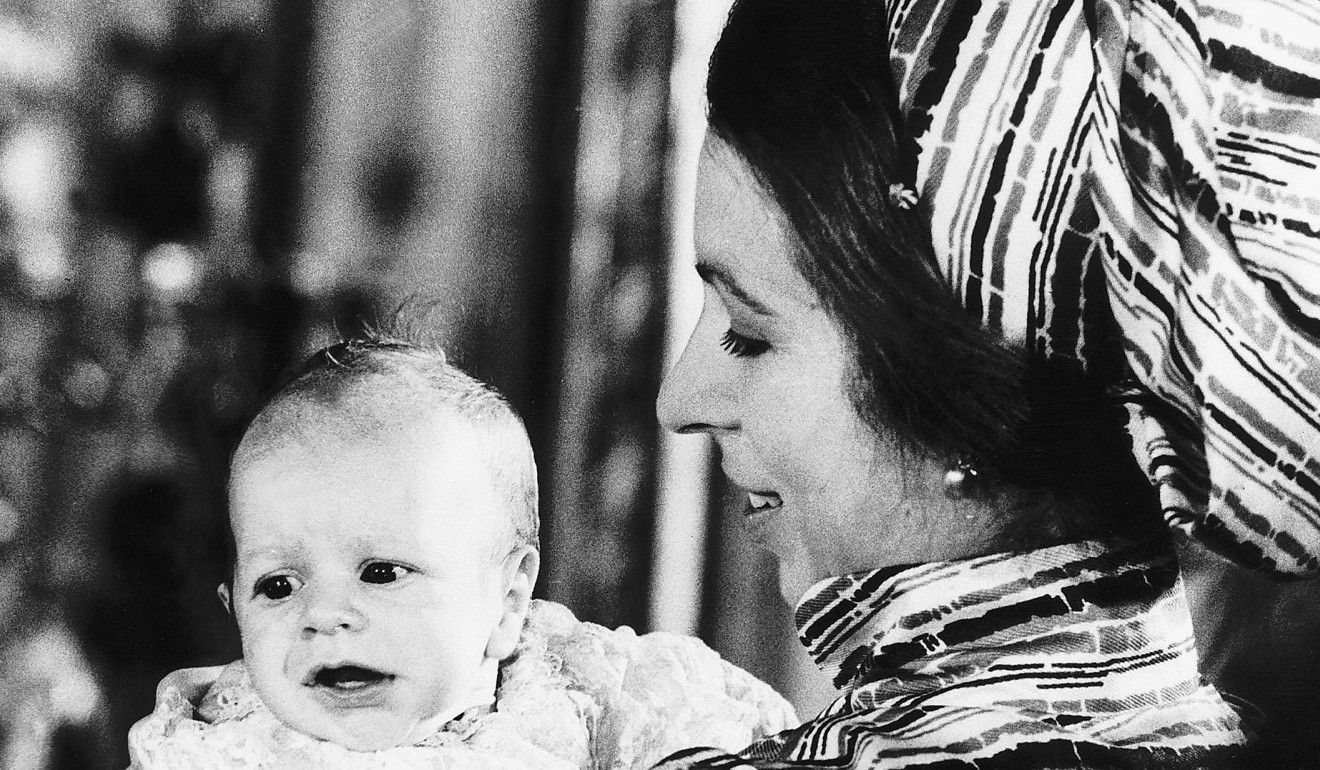
November 17, 1977
● The Mass Transit Railway Corporation was seeking government approval for a commercial and residential development on seven hectares of land above the planned Tsuen Wan Depot. Advertisements were placed in newspapers seeking property developers interested in a joint venture with the corporation.
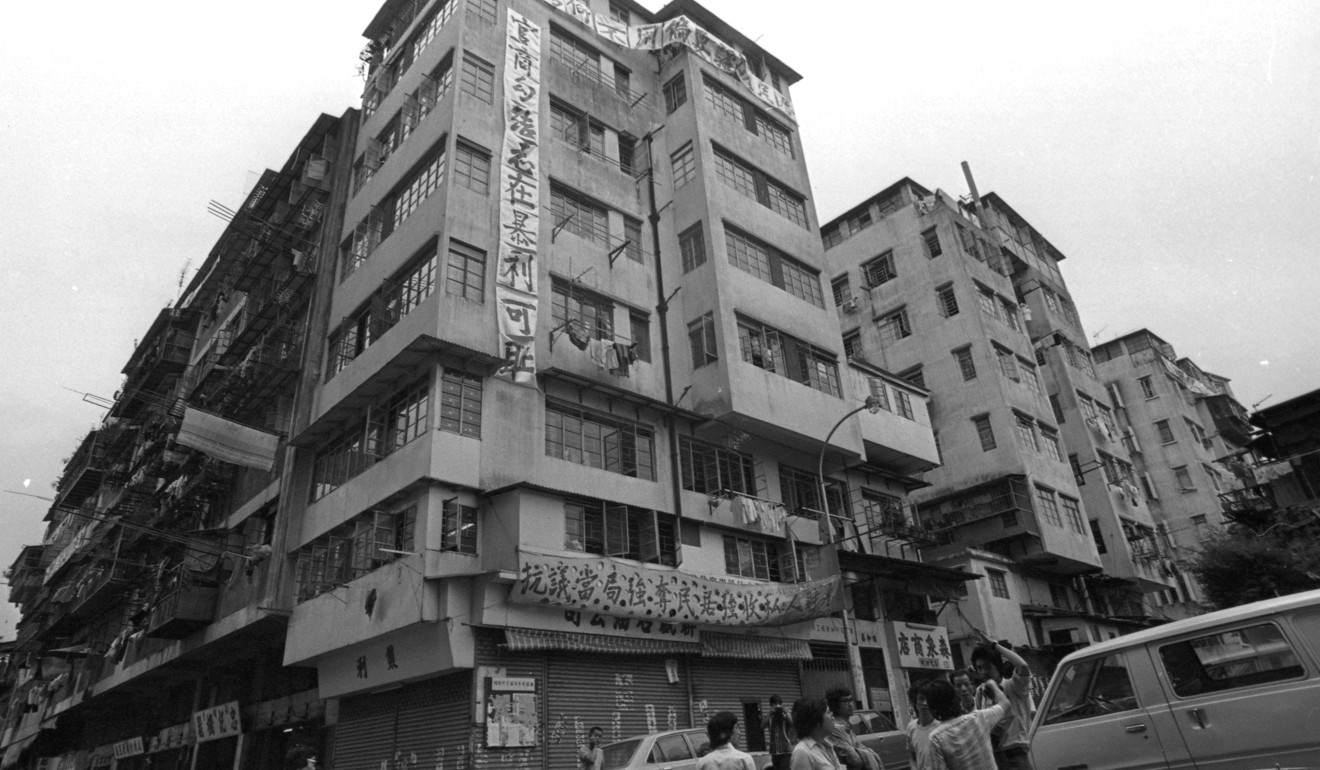
● Hong Kong police saved 20 dogs from the cooking pot when they smashed a dog meat wholesale centre in Tai Kok Tsui. Their operation followed a complaint that a number of dogs had been heard barking in a flat. Officers found 20 dogs locked up in cages and seized 4.5kg of suspected dog meat and slaughtering equipment.
November 18, 1977
● Two boats sank in the Yau Ma Tei typhoon shelter under what government officials described as “curious circumstances”. The owners of the boats claimed they had been made homeless as a result. The incident happened at a time when Yau Ma Tei boat dwellers were demanding immediate rehousing.
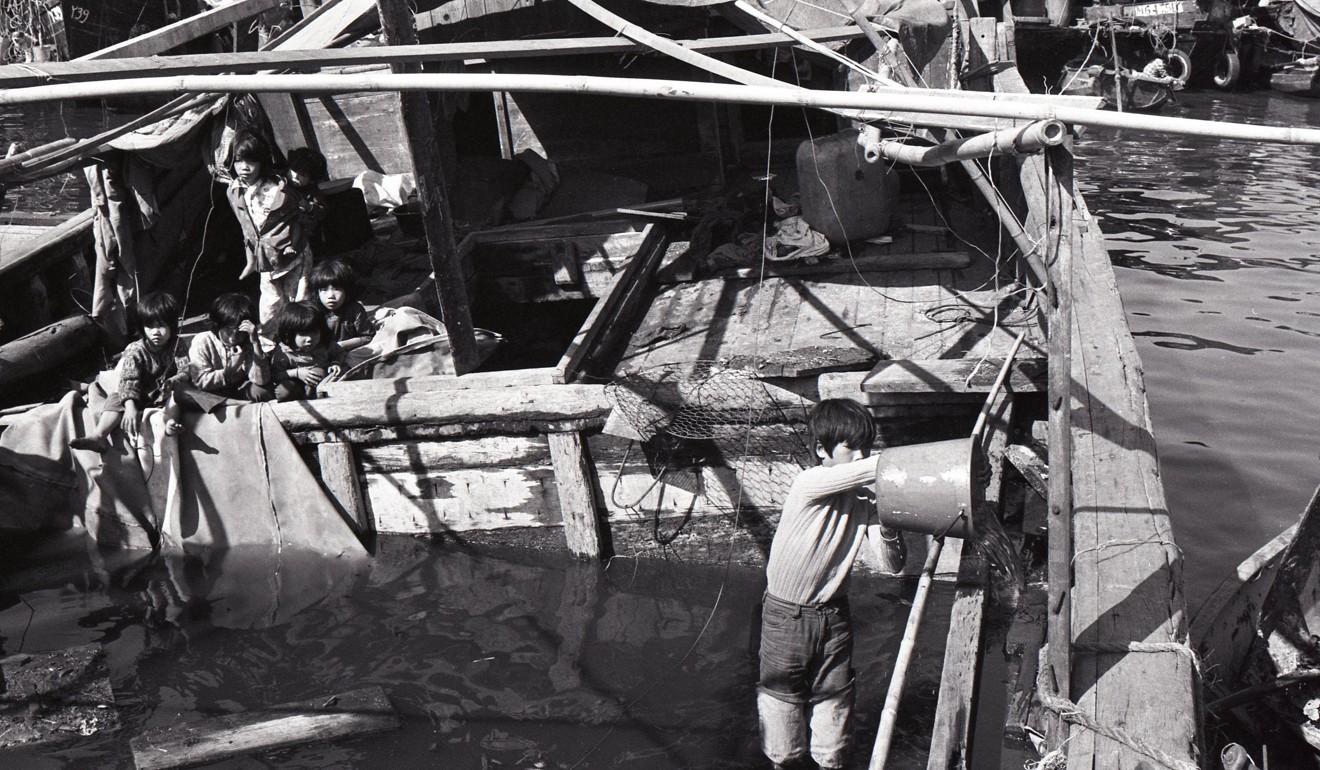
November 19, 1977
● Senior firefighter Chan Wai-sun, 39, who admitted accepting HK$200 in bribes six days after the governor’s announcement of an amnesty, was jailed for two years. The judge said: “If, so soon after an amnesty has been granted, public servants are going to commit blatant acts of corruption such as this, then there is no possibility that I can see that corruption will ever be stamped out in Hong Kong.”

